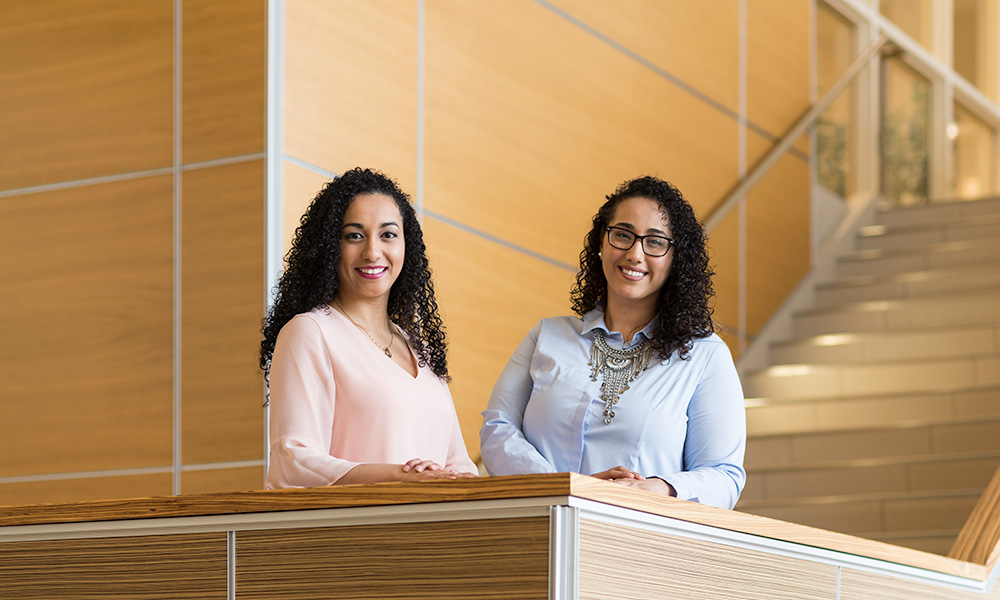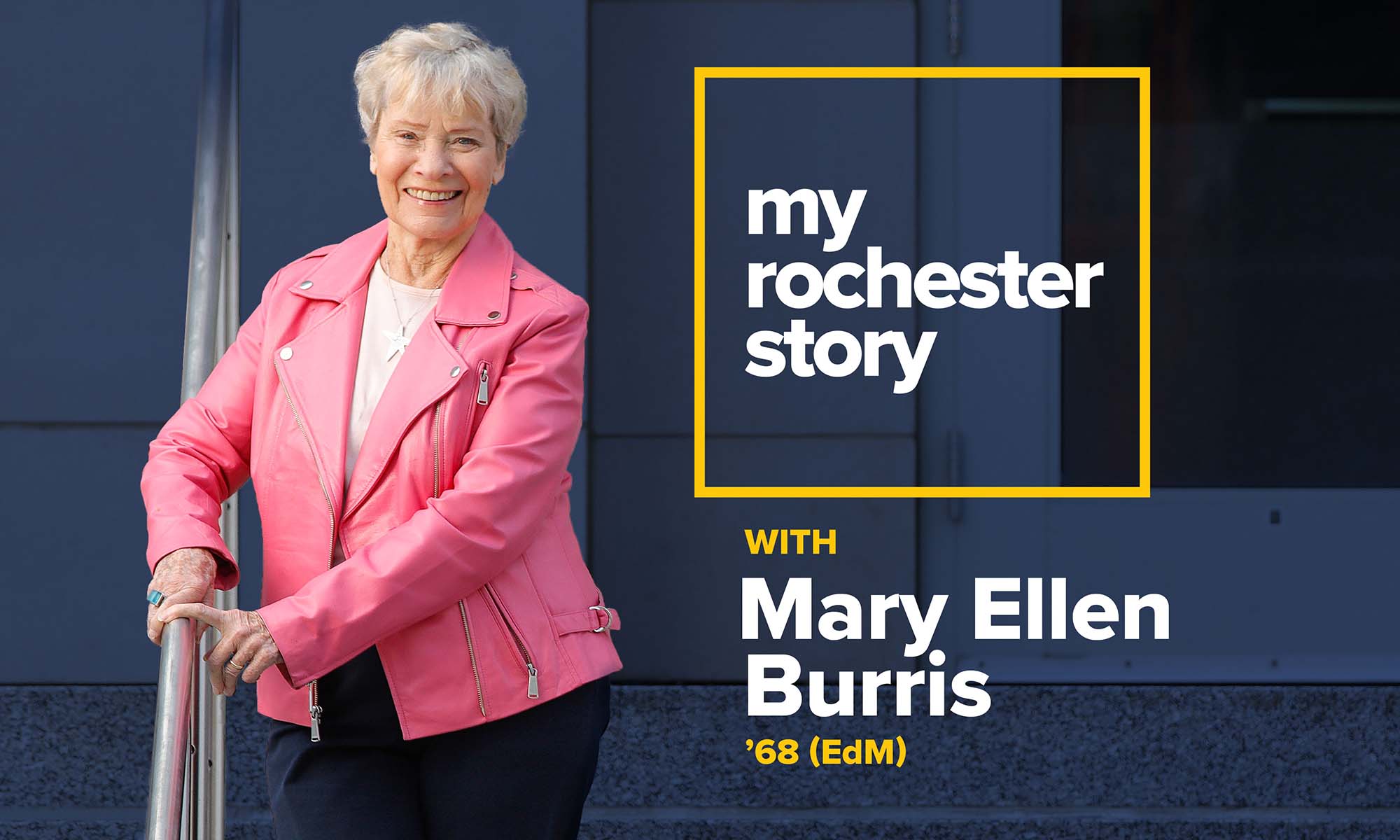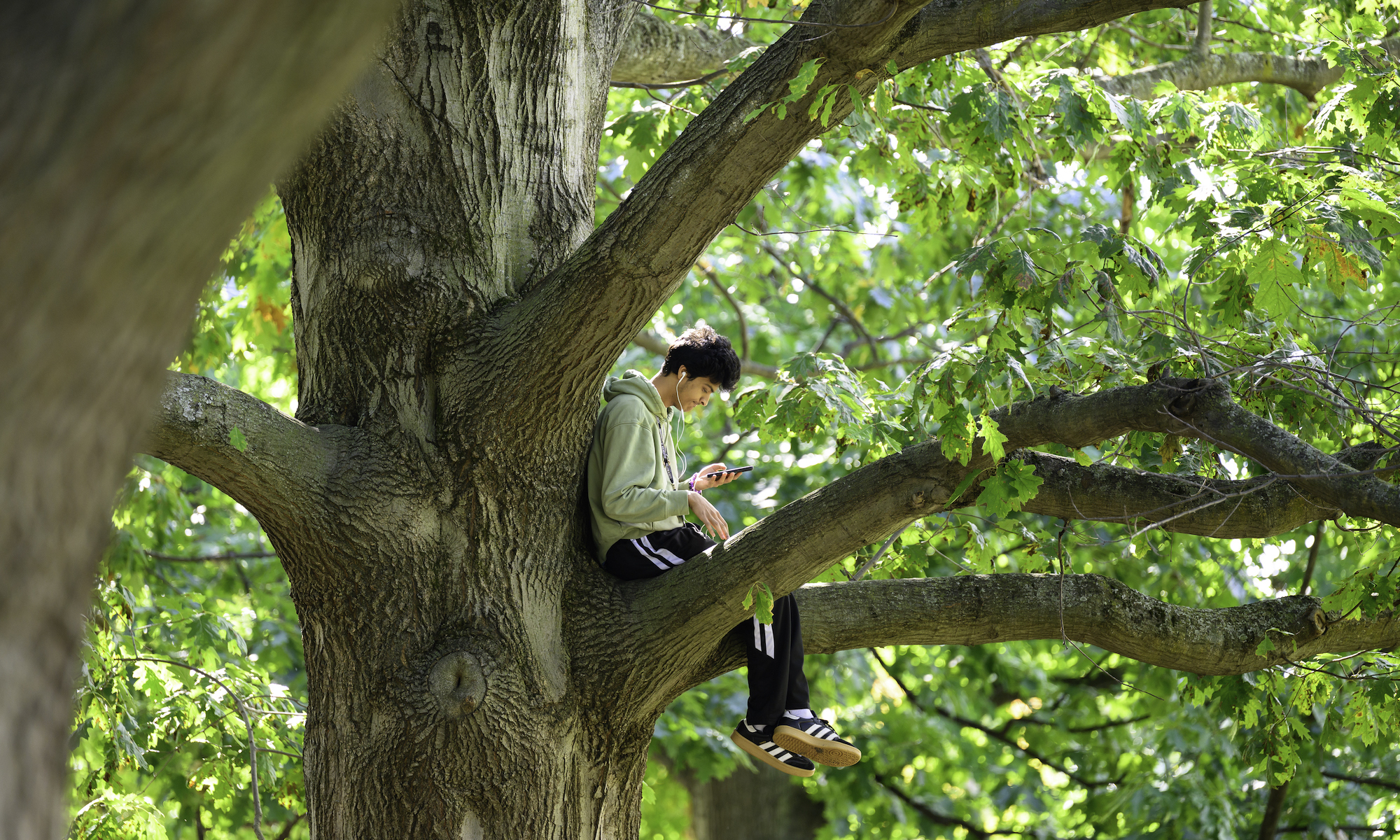In third grade something happened that changed Yasmin Elgoharry ’17W (MS).
Chronically strapped for money, her primary school in Alexandria, Egypt, frequently called upon its pupils to buy chalk and other classroom supplies.
But Yasmin’s parents were poor, too. At one point, there was no money for a notebook, which meant the then eight-year-old missed jotting down homework assignments. When it came time for the teacher to check on her progress, Yasmin simply stood there empty handed.
What came next would make most pedagogues shudder. The teacher ordered the primary school pupil to remove her shoes. Then, she asked two classmates to mete out the punishment—caning the back of Yasmin’s bare feet with a bamboo stick before a class of about 60 kids.
“It was traumatizing,” says the now 29-year-old. After the incident, she kept mum at school, trying to become invisible. When her family immigrated to the United States three years later, the experience kept her from raising her hand in class. “I was always afraid to say the wrong answer, afraid of getting yelled at,” she remembers.
Being the only Muslim family in their new neighborhood in Bristol, Connecticut, did not help either—especially after the terrorist attacks of September 11, 2001, barely two years after the family’s immigration.
Suddenly, she found herself apologizing to non-Muslims, as she and her sister began to understand that some members of their community associated their faith with the attackers. It felt “as if we were the ones to have done something,” Yasmin recalls.
LISTEN TO THE QUADCAST
Ayaa Elgoharry ’17W (MS), Yasmin’s younger sister, was a mere third grader in 2001. The now 25-year-old still remembers the painful realization that “Muslims have done something, and now people hate us.”
Things began to happen to the family. Their house was egged multiple times. At work, a colleague told their father to “go back to where he came from.” At school, Yasmin says, some kids told her to “go back to Afghanistan,” despite the fact that the family is Egyptian and the sisters now have dual citizenship.
The sisters recall how one day, walking back home, their mother—who wears a hijab— was followed by a car that had slowed to a crawl, its passengers hurling insults at her. Frightened, she sought refuge in a store until the car drove off.
After that, the girls’ lives changed. “Our parents kept telling us to be careful. We were scared to tell people we were Muslim,” says Ayaa. “There were so many times that people have asked me if I am a terrorist, or if my family are terrorists, or if that’s what we learn.”
The sisters began to hide their religious identity “because I didn’t want them to see me as lesser, or that I am different—see my religion and have this preconceived idea of who I am,” Ayaa explains.
Yasmin, the shyer of the two sisters, withdrew even more.
Of course, if you hide from attention, it’s hard to shine. At her public high school in Bristol, she was placed with the lowest performing students. Both Yasmin and Ayaa were unaware that parents could request in writing that their kids be moved to a different learning track. But even had they known, their parents—mom, first a homemaker, and later a housekeeper, and dad, initially a baker for a large national doughnut chain—didn’t speak English, and neither had had much schooling back in Egypt.
As Yasmin neared graduation, she recalls her school counselor’s discouraging her from applying to four-year colleges, suggesting she seek a two-year degree instead. Nevertheless, Yasmin applied to a four-year college and got accepted. But her father balked at its sticker price. So, off she went to Tunxis Community College in Farmington, Connecticut. She found the experience discouraging. “To be honest, I hated it,” she recalls. “It wasn’t where I wanted to be, and I didn’t perform well.”
After just a few months, Yasmin dropped out and took a two-year hiatus from learning. During that time, she worked three jobs, but never found the courage to tell her parents, who had expressly moved here to provide a better life for her and Ayaa.
“It made me reflect on my parents and their sacrifices bringing us here,” says Yasmin. “I couldn’t disappoint them in that way, so I ended up applying to a four-year school.”
In 2009, Yasmin enrolled at Central Connecticut State University, where she navigated the complex system of higher education on her own, still working full time to support herself. She’s the first to admit that she didn’t make good use of available resources, such as advising. That’s why she didn’t realize until her second year that she qualified for financial aid.
Looking back, Yasmin says, “I just wanted to get done.” Her focus was on making up for lost time, making ends meet, and getting her degree in communications and journalism—not on grades, or the educational journey itself. It was a time of “many missed opportunities,” she says with regret.
But the lessons she learned came just in time for Ayaa who got the same advice as Yasmin from her high school counselor. “She told me I won’t get in [to a four-year institution],” Ayaa says. Her family’s financial circumstances qualified her to apply for free to a maximum of four colleges. The counselor told her, Ayaa recalls, to apply to fewer schools and save her extra applications for other low-income students who wanted to apply to more than four institutions.
But bolstered by her older sister, who advised her to ignore the counselor’s guidance, Ayaa—who describes herself as stubborn by nature—applied to and was accepted at the University of Connecticut. Four years later, she graduated with a double major in English and human development and family studies.
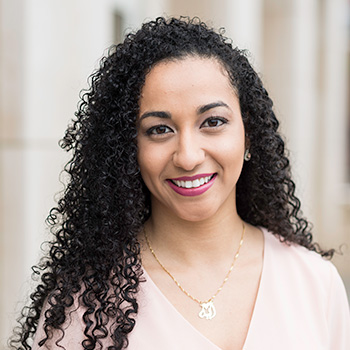
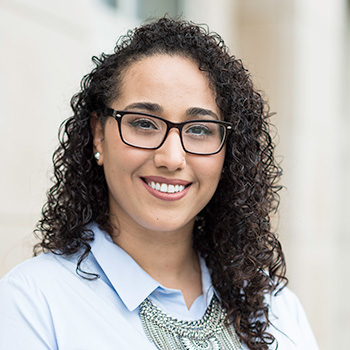
Along the way, the older sister continuously guided the younger, stressing the importance of good grades. Yasmin’s tutelage even extended to picking out Ayaa’s extra-curricular activities, encouraging Ayaa to get involved in campus life. “I saw her as my parent, my support system,” says Ayaa. Because of Yasmin, she says, her undergraduate experience was much easier than it might have been otherwise.
In 2015, upon graduating from Connecticut, Ayaa returned the favor. Initially facing strong resistance from Yasmin, Ayaa managed to persuade her older sister that the two of them should go to graduate school together. They applied to the Institute for Recruitment of Teachers (IRT), supported and funded by a consortium of 39 American universities, among them the University of Rochester.
Worried that if they both applied to the same programs at the same universities, they might lessen their chances of admission, the sisters took a leap of faith. It paid off. In the fall of that year, the Elgoharrys arrived on the River Campus, and this spring are both graduating with master’s degrees in educational leadership from the University’s Warner School of Education.
It wasn’t until graduate school that Yasmin finally found her own voice, nudged forward by her younger sister. “Sometimes you need to be heard, because not a lot of people in our classes have had [our] experiences,” Yasmin recalls Ayaa’s telling her.
Their story comes full circle. Most recently, the pair have been giving talks across campus about their experience of growing up Muslim, and the difficulties they faced because of misperceptions about their religion. Both focused their graduate studies on student affairs academic and career advising, and are now looking for jobs where they can help others avoid their own misses and pitfalls.
Yasmin credits her time at Rochester with helping her understand “just how valid my experience was, and how it brought me here to a position to want to go out and help students.”
At times, they say, it still feels surreal to be graduating with advanced degrees. “Can you believe that at one moment we didn’t even think we were going to graduate from high school?” Yasmin says. “It’s huge for us! I am just so grateful.”
Tears start to trickle down both sisters’ cheeks.
“We are very privileged,” Ayaa chimes in. “It’s really amazing to see where we are today.”
As first-generation students, both agree, they have plenty of advice to pass on.


